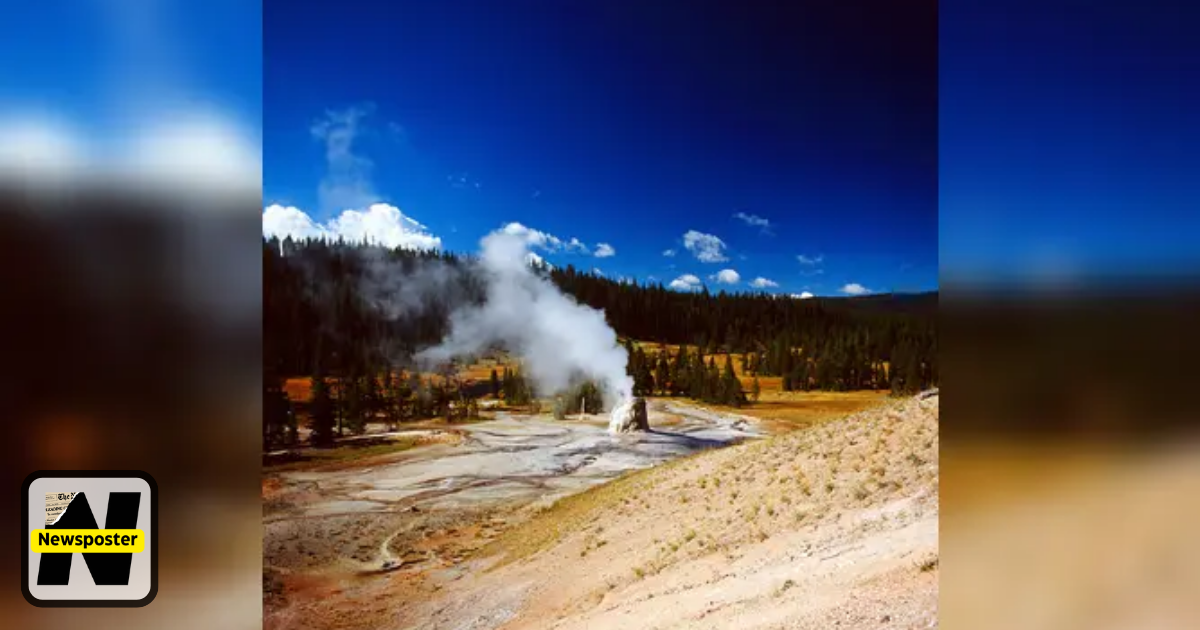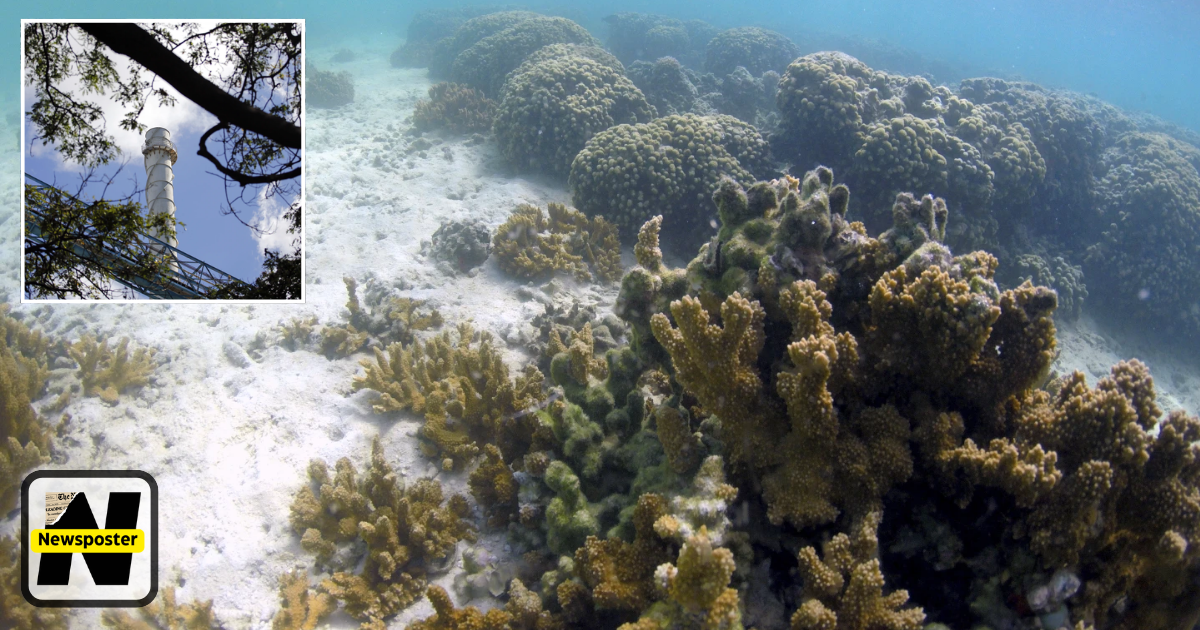Honolulu is among several cities suing fossil fuel companies to hold them responsible for climate change damage, but its case has advanced further than most others nationwide. A key hearing scheduled for Tuesday will help determine how this and similar lawsuits might proceed in court.
The city sued major oil companies such as ExxonMobil, Shell, and Chevron in 2020, accusing them of knowing for decades that their fossil fuel products contributed to global warming while misleading the public. The lawsuit points to rising sea levels threatening Oahu’s iconic coastline and warns of increasing hurricanes, heatwaves, ocean warming, and harm to coral reefs and fisheries vital to Hawaii’s tourism. The case seeks unspecified damages, but defense lawyers argue the claims should be dismissed due to Hawaii’s two-year statute of limitations, claiming climate change has been publicly known for decades. The hearing will be closely watched as it could set the tone for more than 30 similar lawsuits filed by states and cities across the U.S.
The progress of Honolulu’s suit is partly because Hawaii’s Supreme Court allowed it to move forward, and the U.S. Supreme Court declined to intervene. The case contrasts with others like Maui County’s wildfire-related lawsuit, which is currently on hold. The state of Hawaii also filed a similar lawsuit, facing opposition from the U.S. Department of Justice, which argues state climate lawsuits interfere with federal authority. Honolulu’s case has attracted expert testimony from Harvard professor Naomi Oreskes, who highlighted tactics by fossil fuel companies to create doubt about climate science, comparing them to tobacco industry strategies. Meanwhile, a separate youth lawsuit over Hawaii’s transportation emissions recently settled, agreeing to achieve zero emissions by 2045.











